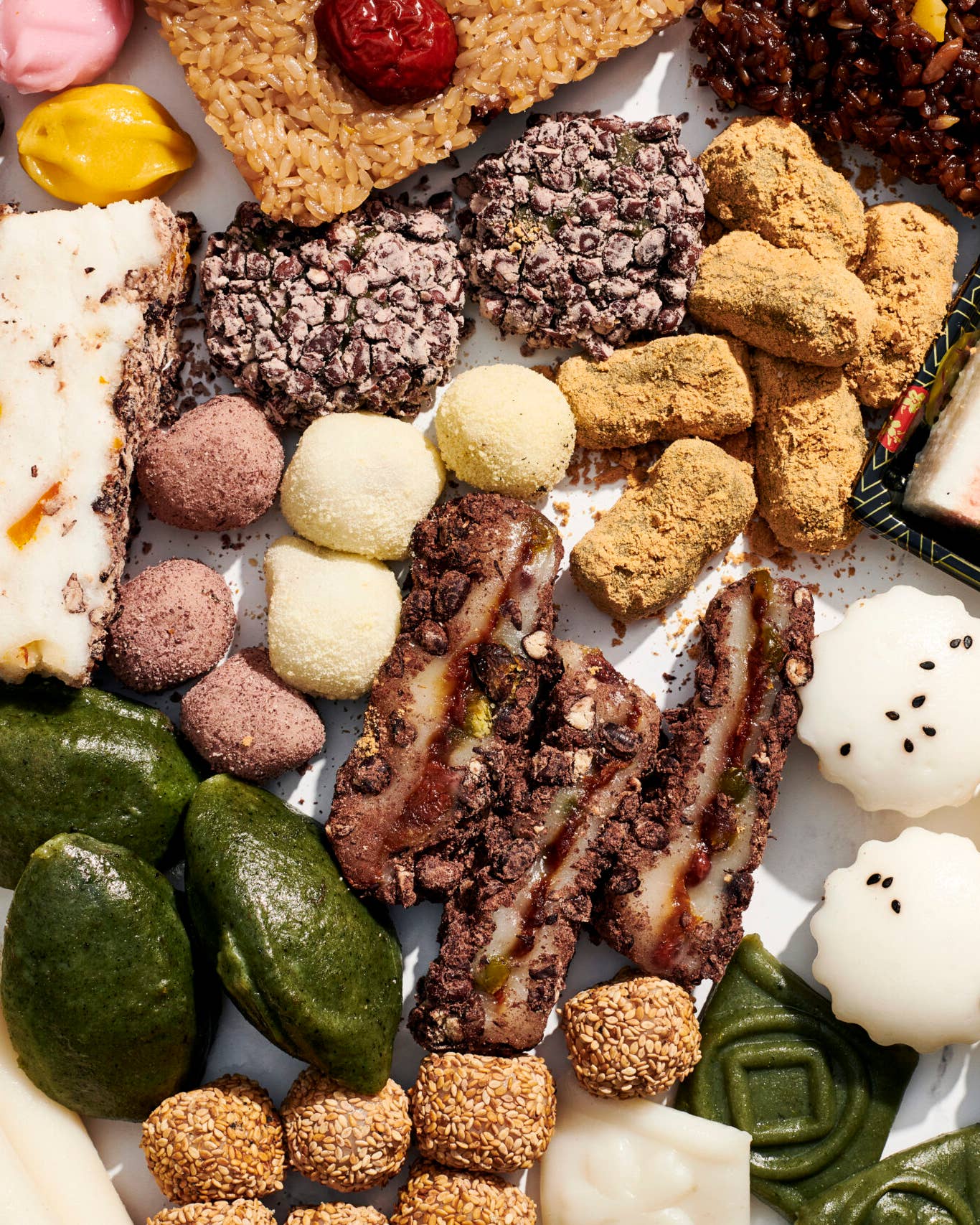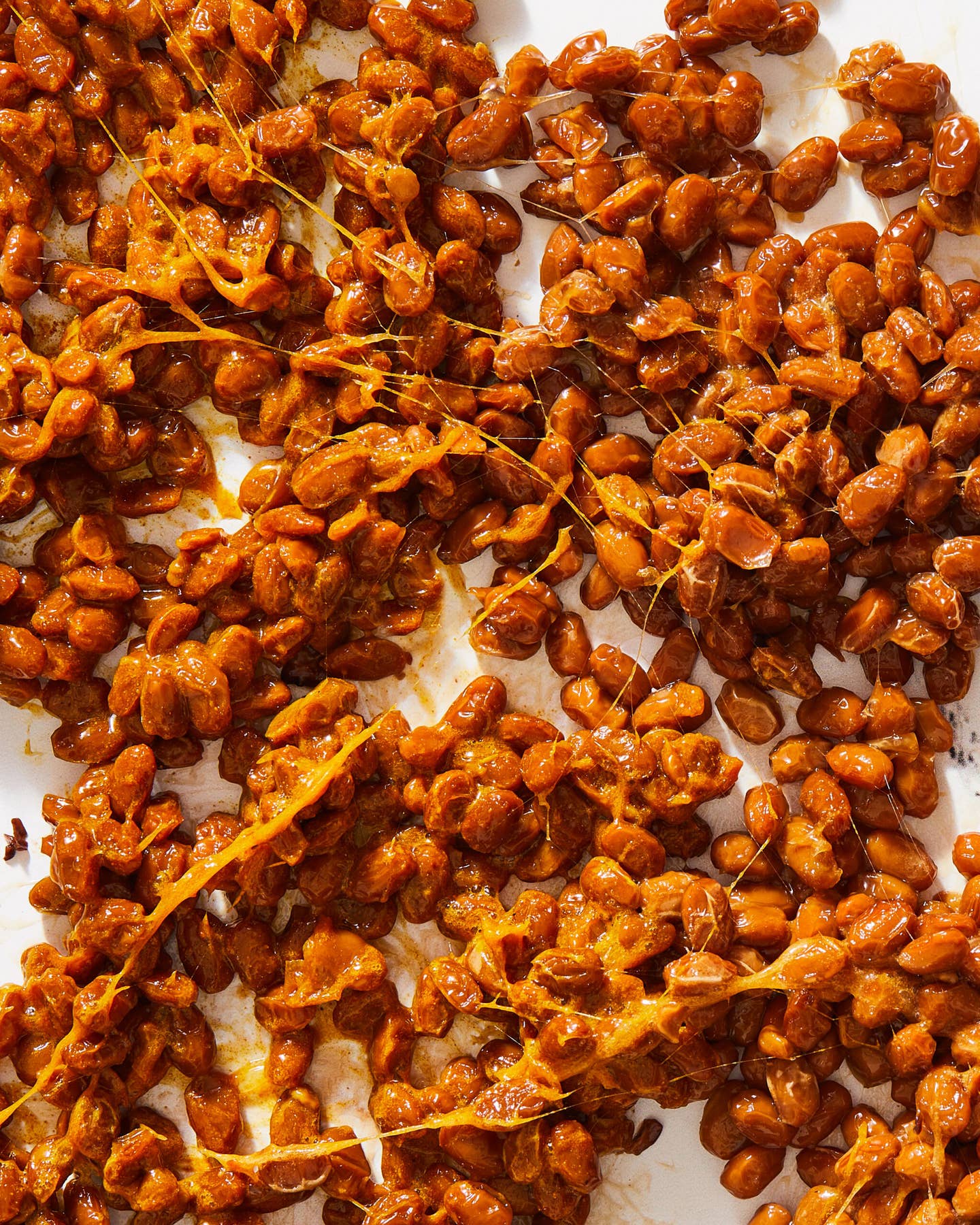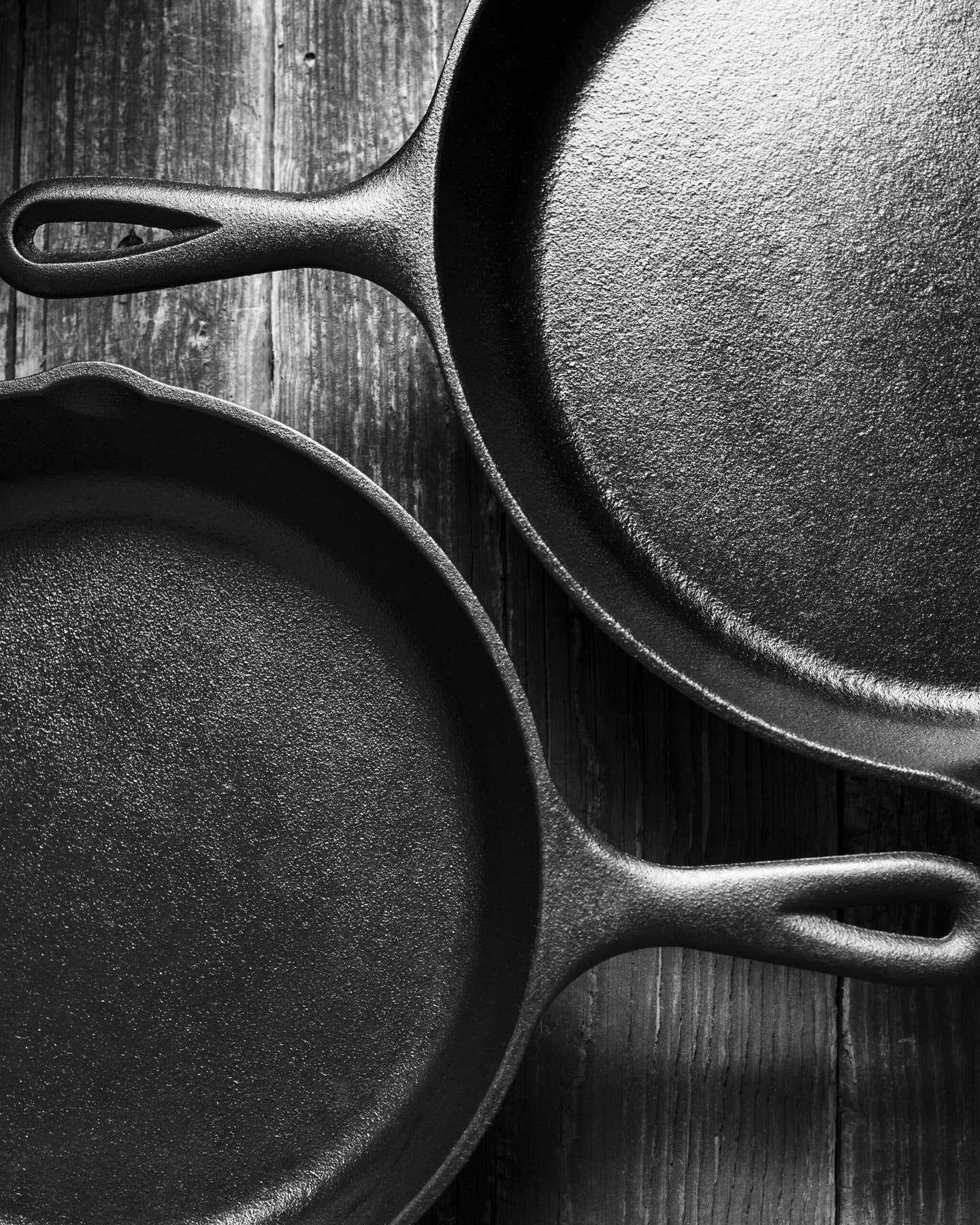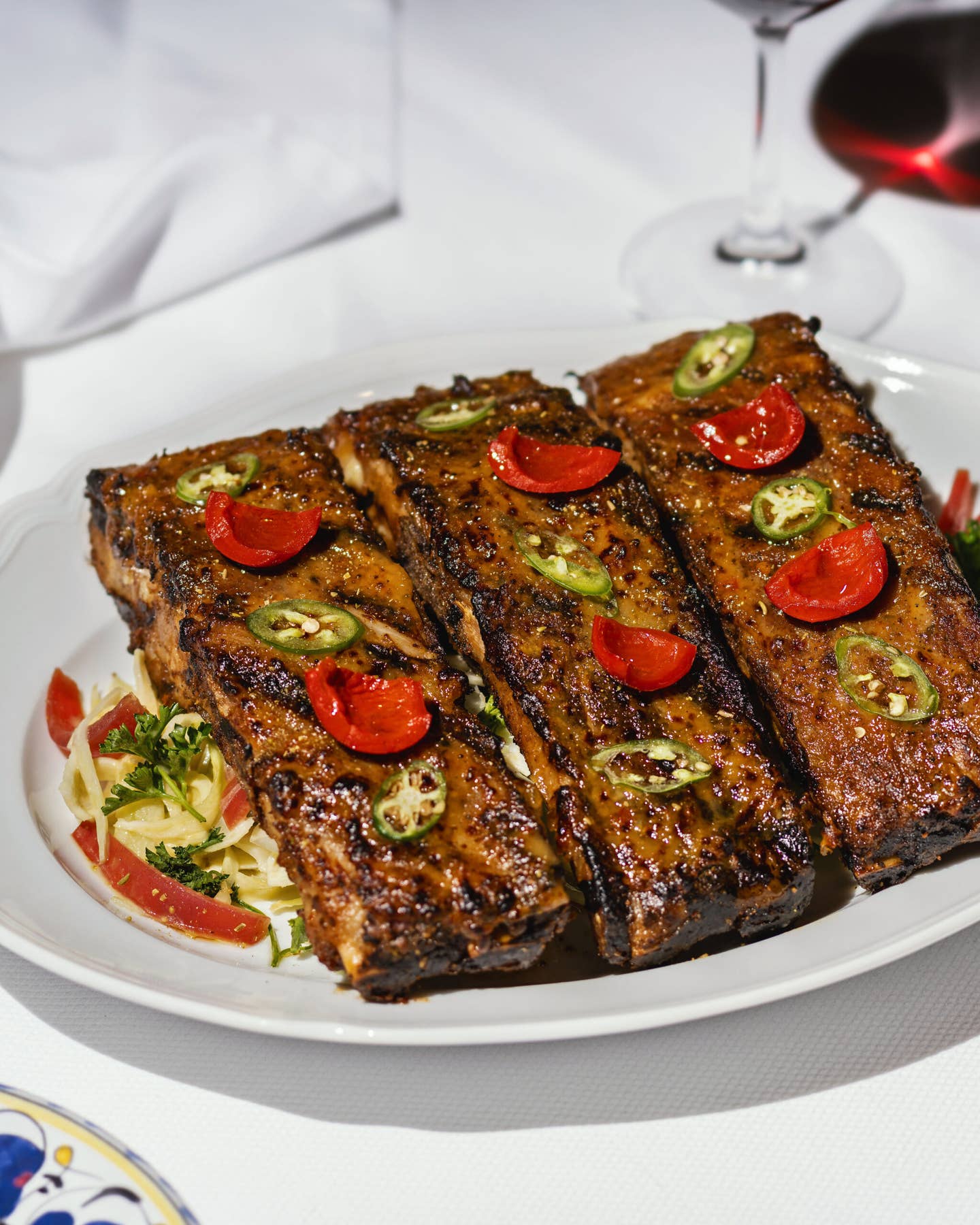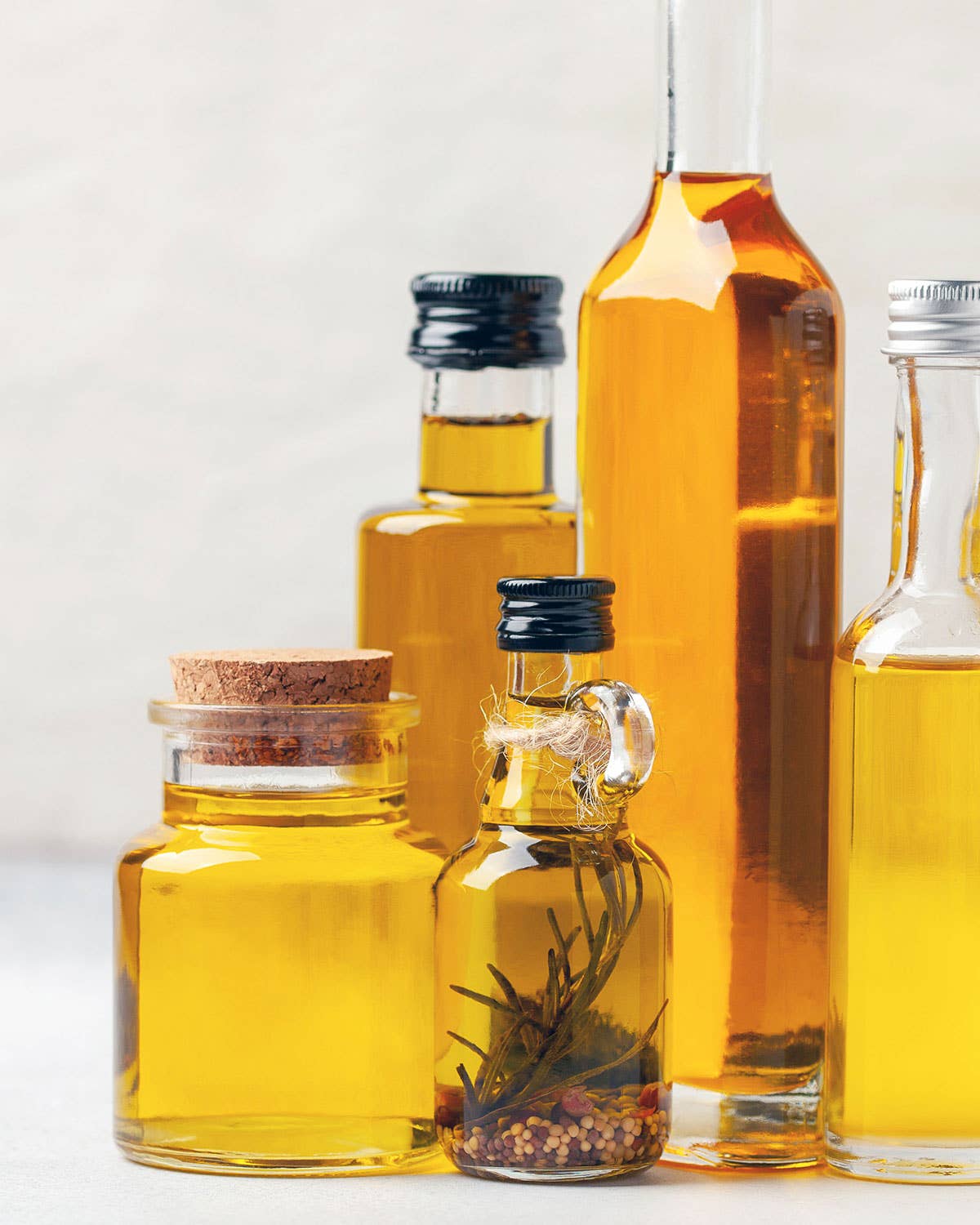
Salt of the Earth
Kosher salt is an indispensable ingredient in the SAVEUR test kitchen; it finds its way into virtually every dish we make.
Kosher salt is an indispensable ingredient in the SAVEUR test kitchen; it finds its way into virtually every dish we make (and it's a particularly important player in the Crisp Apple-Scented Roast Turkey. Why is kosher salt a cook's best friend? For one thing, it simply tastes better than table salt, delivering a brighter and more complex flavor. For another, kosher salt dissolves faster than table salt and adheres better to the surface of foods, so it's de rigueur for seasoning juicy steaks and chops. Also, its large, coarse particles, which can be up to ten times bigger than table salt's cube-shaped grains, make kosher salt easier to work with when you're seasoning by hand. (If you're using a measuring spoon or cup, note that kosher salt measures differently by volume; when you're using a recipe that calls for table salt, a good rule of thumb is to double the specified amount.) Last but hardly least, kosher salt is inexpensive and widely available in most grocery stores.
The appeal of kosher salt (which takes its name from the fact that it's used in traditional Jewish meat-preservation techniques) lies partly in its purity: you'll usually find nothing but plain sodium chloride in the box and none of the additives found in table salt (those include anticaking agents and iodine, as well as dextrose, which is used to mask iodine's chemical taste). Equally important is kosher salt's texture, which varies from brand to brand. Most kosher salt is made from a brine solution of natural salt deposits that is evaporated in temperature-controlled vats. Some manufacturers use closed vats, which produce fine salt particles that are transferred to a compacting machine and turned into flakes. Other companies let the brine solution evaporate in open pans, which yields hollow, pyramid-shaped crystals. Different shapes translate into different properties in the kitchen, as the tasting notes at right demonstrate.
David's Fresh and briny tasting, these jagged-edged flakes vary in size and have a pleasing crunch. Sprinkle over finished dishes.
Diamond Crystal The taste of these smallish crystals is concentrated but well rounded, with a savory bite. The perfect all-purpose choice.
Morton This is the most widely sold kosher salt in the U.S. The hard, uniform crystals lack the complexity we found in other brands and leave a slight chemical aftertaste.
Keep Reading
Continue to Next Story
